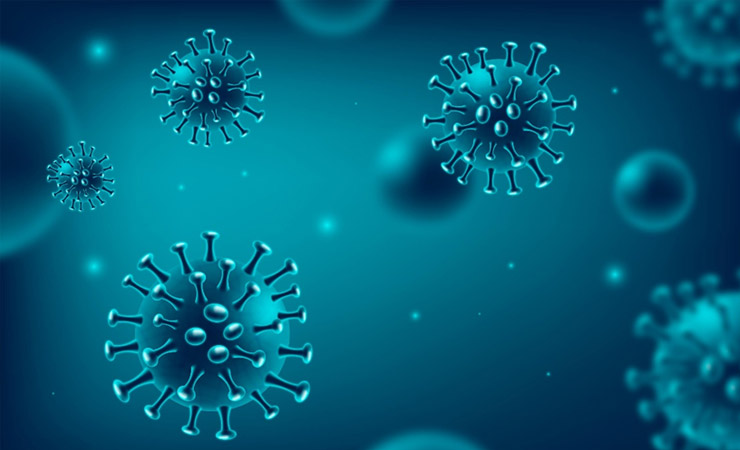
January 1, 2021
Hospital Acquired Infections (HAIs)
Hospital Acquired Infection also known as a nosocomial infection, is an infection that is acquired in a hospital or other health care facility. One of the most common wards where HAIs occur is the intensive care unit (ICU), where doctors treat serious diseases. About 1 in 10 of the people admitted to a hospital will contract a HAI.
The most common types of HAIs are:
- urinary tract infections (UTIs)
- surgical site infections
- gastroenteritis
- meningitis
- pneumonia
The symptoms for these infections may include:
- discharge from a wound
- fever
- cough, shortness of breathing
- burning with urination or difficulty urinating
- headache
- nausea, vomiting, diarrhea
Some key facts:
- Of every 100 hospitalized patients at any given time, 7 in developed and 10 in developing countries will acquire at least one health care-associated infection.
- While urinary tract infection is the most frequent health care-associated infection in high-income countries, surgical site infection is the leading infection in settings with limited resources, affecting up to one-third of operated patients; this is up to nine times higher than in developed countries
- In high-income countries, approximately 30% of patients in intensive care units (ICU) are affected by at least one health care-associated infection.
- In low- and middle-income countries the frequency of ICU-acquired infection is at least 2─3 fold higher than in high-income countries; device-associated infection densities are up to 13 times higher than in the USA.
- Newborns are at higher risk of acquiring health care-associated infection in developing countries, with infection rates three to 20 times higher than in high-income countries.
Sources:
https://www.healthline.com/health/hospital-acquired-nosocomial-infections#symptoms
https://www.who.int/gpsc/country_work/gpsc_ccisc_fact_sheet_en.pdf